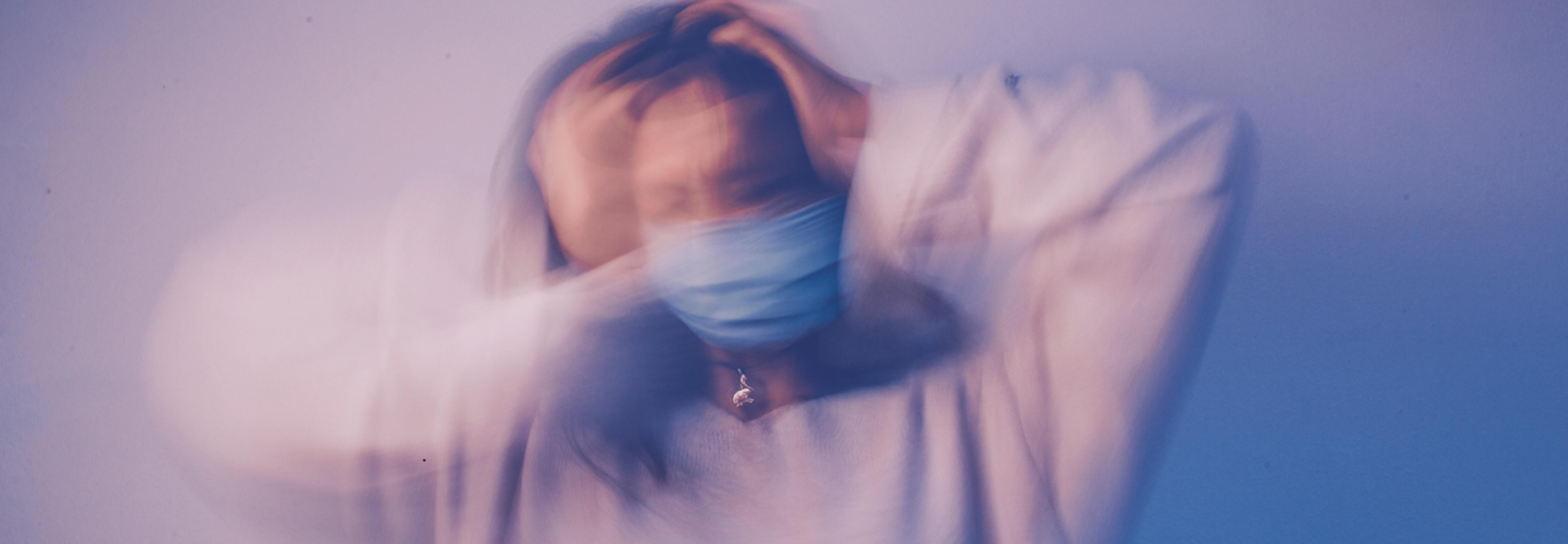Could Ayurdeva Help Manage Anxiety?

Credits: Canva
SummaryAn estimated 40 million Indians suffer from anxiety. Ayurveda could offer holistic approaches—herbs, therapies, and lifestyle changes—to restore balance, improve sleep, and naturally ease anxiety symptoms.
End of Article
